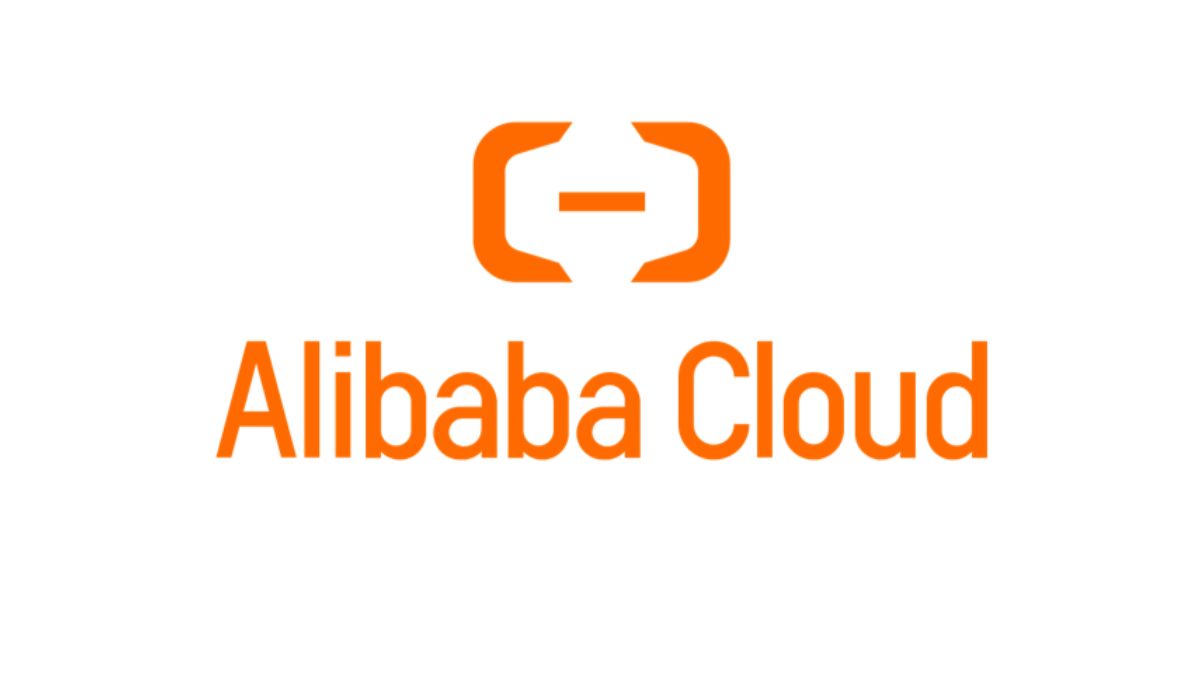Alibaba Cloud, the foundation of Alibaba Group’s digital technology and intelligence, has unveiled something truly astonishing, and it’s causing quite a stir in the computer world. They introduced a serverless variant of their Platform for AI (PAI)-Elastic Algorithm Service (EAS) at the AI & Big Data Summit in Singapore. From individuals to huge companies, this new platform offers a cost-efficient solution for model deployment and inference, making it a game-changer.
Broadening the AI Horizon with Enhanced Vector Engine Integration
Alibaba Cloud is not just stopping at serverless technology. They’ve taken a significant step forward by integrating their vector engine technology into more of their product offerings. This includes their data warehouse Hologres, and search services like Elasticsearch and OpenSearch. This integration is a big deal – it simplifies the way enterprises can access various large language models and create custom generative AI applications.
The Serverless Edge: Efficiency and Cost Reduction
The PAI-EAS platform is changing how we think about computing resources. It allows users to use these resources as needed, without the burden of managing servers. This serverless approach is not only more straightforward but also more cost-effective, reducing inference costs by half compared to traditional models. Currently in beta testing, this platform is poised to broaden its capabilities, including support for a range of open-source LLMs and models from Alibaba’s AI model community, ModelScope.
Enhancing AI with RAG Process and LLM Serving
Alibaba Cloud’s advancements extend to the Retrieval-Augmented Generation (RAG) process and LLM serving. These technologies enable enterprises to enhance LLMs with their knowledge bases, leading to more accurate insights and improved decision-making across various applications.
A Pledge to AI and Cloud Technology Innovation
Zhou Jingren, the Chief Technology Officer of Alibaba Cloud, spoke passionately about the company’s commitment to innovation in AI and cloud technology. “Our technology updates underscore our commitment to empowering enterprises with the latest Intelligence-driven solutions for heightened efficiency and performance. This marks a significant stride in our mission to provide innovative solutions that redefine the possibilities of artificial intelligence in diverse applications,” Jingren remarked.
Revolutionizing AI with MaxCompute MaxFrame
In a move to further its AI initiatives, Alibaba Cloud announced an upgrade to its big data service, MaxCompute MaxFrame. This Python data processing framework is tailored to meet the growing needs for data preprocessing and analysis in AI tasks, enabling more efficient processing of large data volumes.
PAI-Artlab: A Boon for Creative Designers
For designers looking to infuse AI into their work, Alibaba Cloud has introduced PAI-Artlab. This platform is a creative powerhouse, enabling designers to quickly produce high-quality designs and unlock their creative potential.
Advancing Database Solutions with Vector Engine Technology
Last year, Alibaba Cloud took a major step by integrating its proprietary vector engine technology into its database solutions. This technology is a breakthrough, transforming text and data into a high-dimensional space, thereby optimizing AI performance and advancing various AI functionalities.
Global Customers Embrace Alibaba Cloud’s Technologies
Alibaba Cloud’s technologies are being embraced by customers worldwide in their digital transformation journeys. Selina Yuan, President of International Business at Alibaba Cloud, highlighted the growing demand for AI technologies and the company’s role in supporting clients with customized generative AI applications.
Also read: Modibodi® Embarks on a New Era in Social Media with Bread Agency Collaboration
Case Studies: Haleon and rinna
In a notable application, Haleon, a leading consumer health company, has used Alibaba Cloud’s LLM and RAG technology to introduce an AI nutritionist in China. Shivani Saini, Haleon’s Global Vice President of Digital & Tech Business Units, emphasized the importance of digital innovation in healthcare.
Similarly, rinna, a Japanese startup, has launched its Nekomata models based on Alibaba Cloud’s open-source Tongyi Qianwen LLMs. Tianyu Zhao, a researcher from rinna, expressed admiration for the capabilities of Alibaba Cloud’s LLMs in enhancing their model performance.
Alibaba Cloud’s latest developments are a testament to the company’s commitment to innovation, offering scalable, efficient, and groundbreaking solutions in the realms of AI and big data.
Legal Disclaimer: The Editor provides this news content "as is," without any warranty of any kind. We disclaim all responsibility and liability for the accuracy, content, images, videos, licenses, completeness, legality, or reliability of the information contained in this article. For any complaints or copyright concerns regarding this article, please contact the author mentioned above.

















